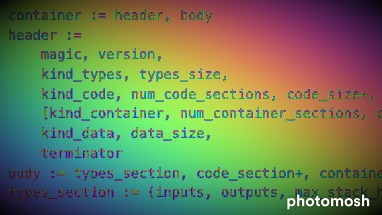
The company said the fine-tuning facility, the training data used for fine-tuning, undergoes scrutiny via their moderation API and the GPT-4 powered moderation system.
OpenAI has introduced the option of fine-tuning for GPT-3.5 Turbo, enabling artificial intelligence (AI) developers to enhance performance on specific tasks using dedicated data. However, developers have expressed criticism as well as excitement for the development.
OpenAI clarified that through the process of fine-tuning, developers can customize the capabilities of GPT-3.5 Turbo according to their requirements. For example, a developer could fine-tune GPT-3.5 Turbo to create customized code or proficiently summarize legal documents in German, using a dataset sourced from the client's business operations.
You can now fine-tune GPT-3.5-Turbo!
— Mark Tenenholtz (@marktenenholtz) August 22, 2023
Seems like inference is significantly more expensive (8x more) though.
My guess is that anyone with the ability to deploy their own models won’t be swayed by this. https://t.co/p2LbSq4D2H
The recent announcement has sparked a cautious response from developers. A comment attributed to an X user named Joshua Segeren says that while the introduction of fine-tuning to GPT-3.5 Turbo is intriguing, it's not a comprehensive fix. Based on his observations, improving prompts, employing vector databases for semantic searches, or transitioning to GPT-4 often yield better results than custom training. Furthermore, there are factors to consider like setup and ongoing maintenance costs.
The foundational GPT-3.5 Turbo models commence at a rate of $0.0004 per 1,000 tokens (the fundamental units processed by extensive language models). However, the refined versions through fine-tuning carry a higher cost of $0.012 per 1,000 input tokens and $0.016 per 1,000 output tokens. Additionally, an initial training fee linked to data volume applies.
This feature holds significance for enterprises and developers aiming to construct personalized user interactions. For instance, organizations can fine-tune the model to harmonize with their brand's voice, ensuring that the chatbot exhibits a consistent personality and tone that complements the brand identity.
Related: Top UK university partners with AI startup to analyze crypto market
In ensuring responsible use of the fine-tuning facility, the training data used for fine-tuning undergoes scrutiny via their moderation API and the GPT-4 powered moderation system. This is done to maintain the security attributes of the default model throughout the fine-tuning procedure.
The system strives to detect and eliminate potentially unsafe training data, thereby ensuring that the refined output aligns with OpenAI's established security norms. It also means that OpenAI has a certain level of control over the data that users input into its models.
Magazine: AI Eye: Apple developing pocket AI, deep fake music deal, hypnotizing GPT-4





